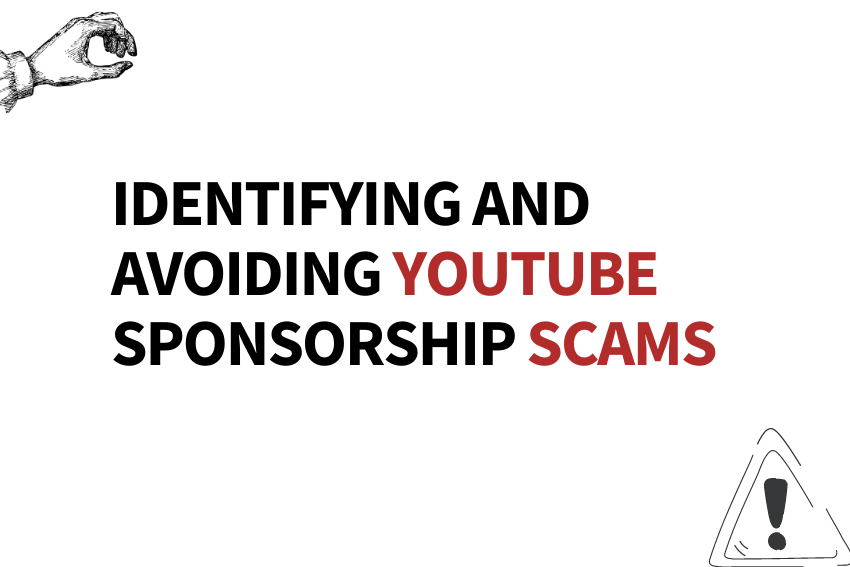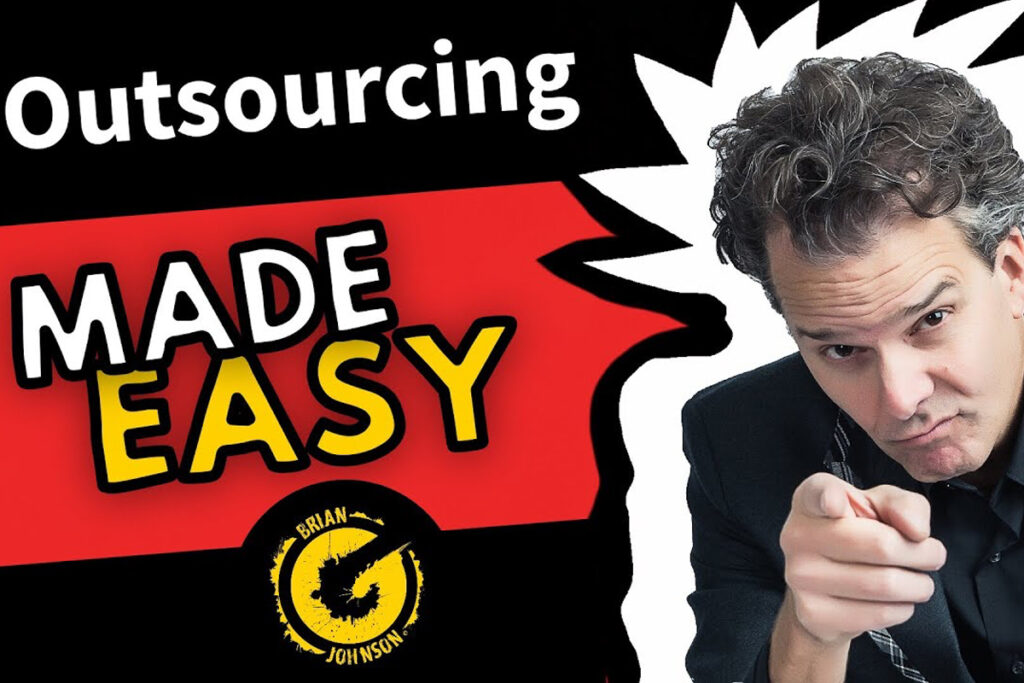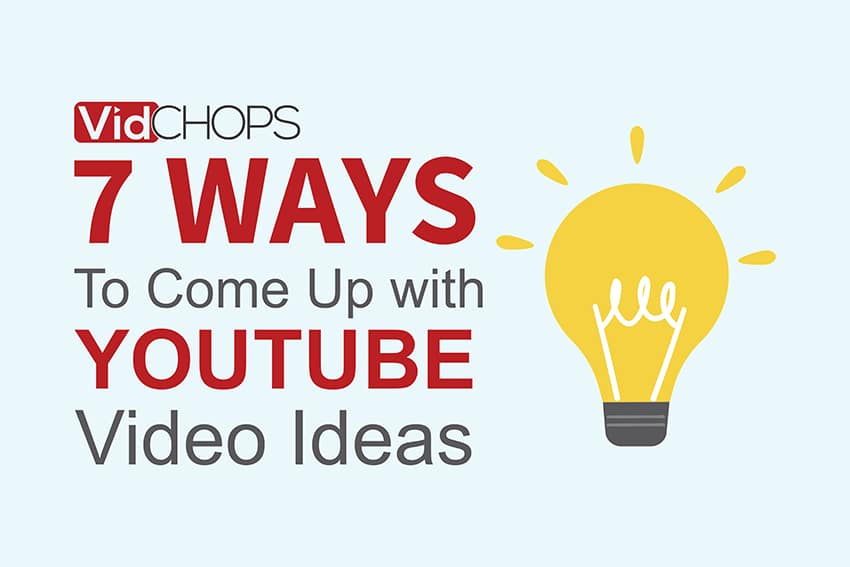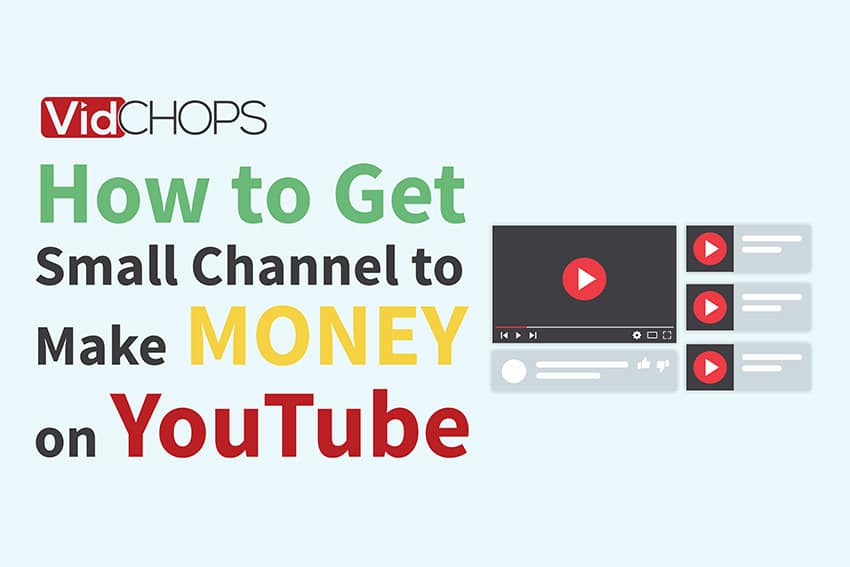How Top Video Creators Turn Simple Views Into 7-Figure Businesses
We break it all down on The Video Creatr Show, click the link below.

YouTube is one of the best things that ever happened to content creators. It’s a fantastic way to build a brand, grow a community and earn from your creative content. Whether you just do YouTube or use it to expand your online presence, it’s a fantastic tool.
However, as soon as you have something that has the potential to earn money, you’re also going to have scammers coming out of the woodwork. Sponsorship scams are on the rise, and anyone could be targeted. Here’s what you need to know so you can identify and avoid these kinds of scams.
Why Do Sponsorship Scams Exist
Sponsorship scams exist to get money from content creators. In some cases, the scammers require an “admin fee” and once they’ve got it, they disappear. In others, they try to take control of your YouTube account, and once they have, they either keep it and earn money off your content, or they hold it hostage and demand a ransom.
No matter what the scam is, it’s bad news for YouTube account owners.
How to Tell If It’s a Scam?
The good news is that there are several ways you can tell if someone who is approaching you about a sponsorship deal is legit or a scammer. Here are a few key things you should look for and do.
Go to Google
The first thing you should do when you’re approached by anyone about your YouTube account is to Google the company that they say they’re representing. A legitimate company will have a website, social media accounts that have been around for a while and have many followers and other signs of an established online presence.
That still doesn’t mean the person who is contacting you is actually from that company though. It just means that the company exists and is probably a real organization.
Try Googling the email address and name of the person who has contacted you. You should be able to find them on sites like LinkedIn or elsewhere. If you don’t find any legitimate seeming references to them online, they might be a scammer.
Look at Their Email
The next thing you should do is look at their email address.
Does the domain match the company they claim to be representing? Are they using a generic email account like Gmail or Outlook, or do they have a suspect email that ends in .cz or .ru or something else that you wouldn’t normally expect a real company to use?
If you hover over the email address, does the mailto: address matches the one you can see when you opened the email? Or are they using an email address that has an extra word in it? Something like companyname.outreach.com could be a method of making the address seem legit, but that domain has simply been bought by a scammer.
Sometimes, people use email cloaking and other methods to change the way their email looks, so this is not a sure-fire way to verify who they are, but again, it’s a good way to spot obvious problems.
Bad Grammar and Spelling
Big corporations who do use YouTube sponsorships as a marketing tool have communications departments that write their outreach emails. So while you might still find one or two minor mistakes (because everyone is human) it’s unlikely to be anything big.
If the email looks like it was written by someone who doesn’t know English very well, that’s probably because it was. Lots of spelling and grammar errors are a huge red flag!
Poor Quality Graphics
Another clear sign that the person writing an email is not who they say they are is that their email uses poor-quality graphics. No self-respecting company is going to send out a business email that has a low-resolution, blurry version of their logo. If the logo looks like it was copied off the internet, it probably was.
No Unsubscribe Information In the Footer
Anti-spam laws have got a lot tighter over the past few years, and no serious companies want to get in trouble for sending unsolicited mail!
This is why, when you look at any corporate email these days, there’s an extensive footer that outlines their privacy policy and gives you the option to unsubscribe. No unsubscribe link is another huge red flag that you are not dealing with a legitimate offer.
No Contact Number
When real companies reach out to people with sponsorship deals, the person who is connecting with you will have an email signature that will usually include the company address and phone number. This allows you to see where the company is located and contact the person directly.
The absence of this information is a big warning that something is not right. Likewise, it’s not enough just to see the phone number. You should try it too. Anyone can put a phone number that appears to be legitimate in their email signature, but if you call it and don’t reach them, or it’s not in service, that’s a sign that something is not right.
Link to Login to Your Account
Phishing is one of the oldest tricks in the online scammer’s book, but unfortunately, it’s still around because it works.
If there’s a link in their email requesting that you login to your YouTube account for any reason, do not follow it. It will almost certainly lead you to a fake sign in page, and once you sign in, they will have your password and can take over your account.
If you’re asked to login to your YouTube account to follow their company or for any other reason, always go to your browser and type in the YouTube URL yourself. That will guarantee your account won’t be hijacked via a fake page.
Other Links
Again, unless you are expecting an email and it’s from a trusted sender, following in email links is one of the riskiest things you can do. This is especially true if there are any other red flags about the email.
If there’s any doubt that a link is legitimate, don’t follow it.
Downloads Required
In some cases, hackers and scammers don’t use links. Instead, they use files that place ransomware or spyware on your computer. These are usually embedded in file attachments, and even if they look legitimate, opening them could infect your computer with malware that could allow criminals to take control of it. Once they’ve done that, they can take over your YouTube account and do a lot of other things too.
Never open any file attachment that you’re not expecting, and always make sure your antivirus software is up to date and running.
A Deal That Seems Too Good to be True
Yes, there are social media influencers and content creators that make tens of thousands of dollars for a sponsored post. But they usually have millions of followers and millions of hits. If you’re just starting out and still finding your feet, it’s very unlikely that a major corporation will offer you a sponsorship deal with many zero paychecks!
Consider whether there’s a genuine reason for the offer. If not, it’s probably suspect.
Requesting Payment or Fees
Any offer that requires you to pay a sign up or admin fee is probably a scam. Even more so if they’re asking you to pay in Bitcoin or Apple vouchers. They’re going to take your money and disappear, and you’ll never hear from them again.
No Contract
Real YouTube sponsorships are genuine business deals. Genuine business deals have contracts that are designed to set out the details and protect both parties involved. A genuine sponsorship offer from a real company will never happen without a contract of some kind.
Sometimes, you have to sign up on an agency website and accept their terms and conditions. Sometimes companies will send you their own contract. Either way, it will take a little time to get set up, and there will be paperwork and documentation to be taken care of before you can start earning.
What You Can Do If You’re Not Sure
If you have gone through this list and you’re still not sure whether the offer you have received is real or not, don’t be afraid to ask questions. Genuine companies know that there are scammers out there, and they won’t be offended if you ask questions to protect yourself. Simply explain that you know there are some scams out there, and you want to be sure that they’re making you a genuine offer.
In most cases, these companies will have a process where you have to meet and talk to their marketing team and take care of other details anyway, so there will be time to allay your fears. Anyone who tries to push you into taking immediate action is probably not making a real offer anyway.
Take your time and do what you need to do to make sure you’re protected. Genuine companies will not penalize you for being thorough, and if they seem too keen to push you into anything, rather walk away. If you’re making great content, the money and the deals will come. You don’t need to be pushed into doing things that don’t feel right.




